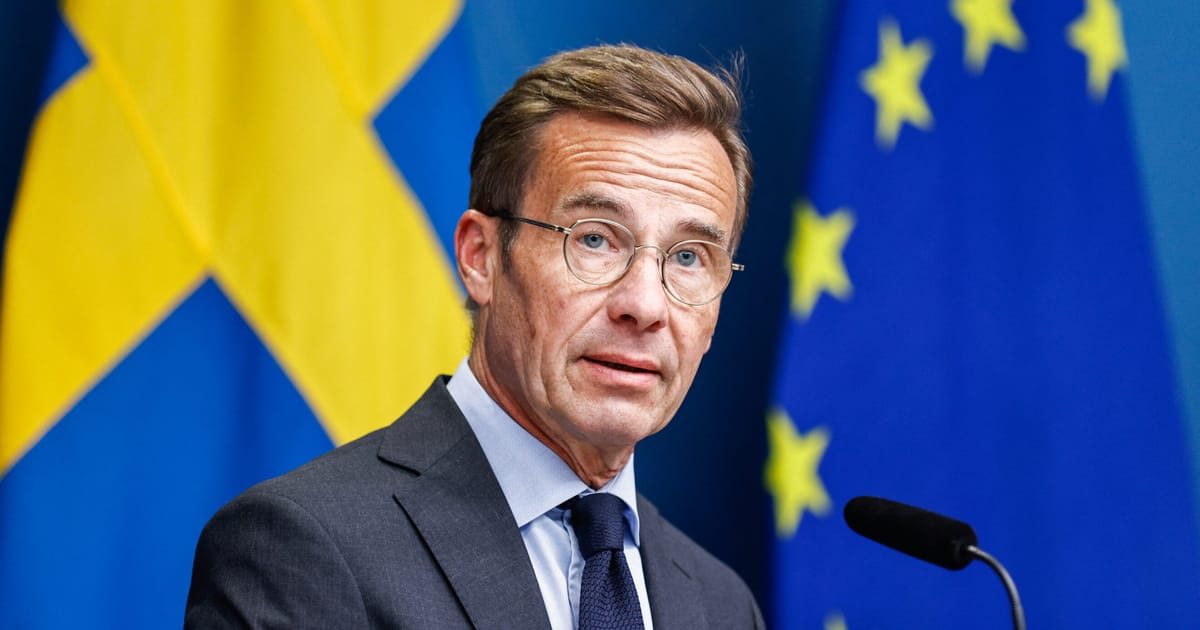

In recent days, significant political developments across the globe have quietly unfolded, reflecting both challenges and optimism as nations navigate complex issues of governance and international relations. This piece brings together concise insights into key happenings, aiming to inform and soothe our understanding through a calm lens.
Ukraine’s Anti-Corruption Efforts: A Victory for Civic Engagement and Accountability
In Ukraine, a pivotal moment unfolded as the parliament passed a law restoring power to key anti-corruption bodies, marking a reversal from a controversial decision made just a week prior. This legislative U-turn came amid growing civic pressure and protests in major Ukrainian cities, where citizens expressed their discontent and concerns over the weakening of anti-corruption mechanisms. The protests, reminiscent of the country’s ongoing struggle for transparency and accountability since Russia’s invasion, demonstrate the robust engagement of Ukrainian civil society.
President Volodymyr Zelenskyy, responding to the public outcry and international scrutiny, supported the new legislation, effectively reinstating the independence of state watchdogs critical for the nation’s governance. This move underscores the power of collective civic action in striving for integrity within government operations, reassuring citizens of the potential for positive change through democratic processes.
Sweden’s Position on the EU-Israel Relations: A Call for Humanitarian Consideration
Meanwhile, attention in Europe was drawn to Sweden’s call for the European Union to consider suspending trade ties with Israel, citing humanitarian concerns in Gaza. Swedish Prime Minister Ulf Kristersson described the humanitarian situation as “utterly deplorable,” urging EU partners to align their diplomatic actions with a compassionate response to ongoing hardships in the region.
This proposal highlights the ongoing discourse on ethical trade practices and the responsibility of international bodies to consider human rights implications within their economic policies. While discussions continue, Sweden’s stance prompts reflection on the role of international solidarity in addressing human suffering and promoting peace.
UK Diplomatic Stance on Palestine: A Balanced Approach Amidst Criticism
In the United Kingdom, Prime Minister Keir Starmer addressed diplomatic tensions concerning the Israel-Palestine conflict. In response to being labeled as having committed a “moral failure” for supporting the recognition of Palestine at the United Nations, Starmer maintained his stance, emphasizing the importance of a two-state solution and dialogue for sustainable peace.
Starmer’s decision reflects the delicate balance world leaders must strike between acknowledging historical injustices and navigating current geopolitical realities. By engaging with perspectives from all involved parties, including freed hostages and concerned citizens, the UK aims to promote a future-oriented approach towards enduring peace in the Middle East.
US Immigration Policy: Navigating Domestic and International Implications
The United States continues to grapple with immigration policy under President Donald Trump’s administration, as recent reports indicate the active enforcement of migrant expulsions. This policy has led to over 100,000 undocumented residents facing detention amid overcrowded facilities. While the move reflects a commitment to enforcement, it also sheds light on the broader discourse around immigration reform and humanitarian considerations within domestic policy.
Notably, public opinion on immigration enforcement remains divided, with societal debates underscoring the need for balanced strategies that address both security and humanity, fostering comprehensive and compassionate approaches to migration challenges.
Conclusion: A Call for Thoughtful Global Engagement
Across these diverse global developments, a common theme emerges: the importance of engaging in thoughtful, measured dialogue to address the multifaceted challenges facing nations today. Whether restoring trust in government, balancing trade relations with ethical considerations, or navigating the complexities of migration and international diplomacy, these narratives invite us to remain informed, engaged, and optimistic about the potential for positive outcomes through mindful action and collaborative effort.
Source: {link}
